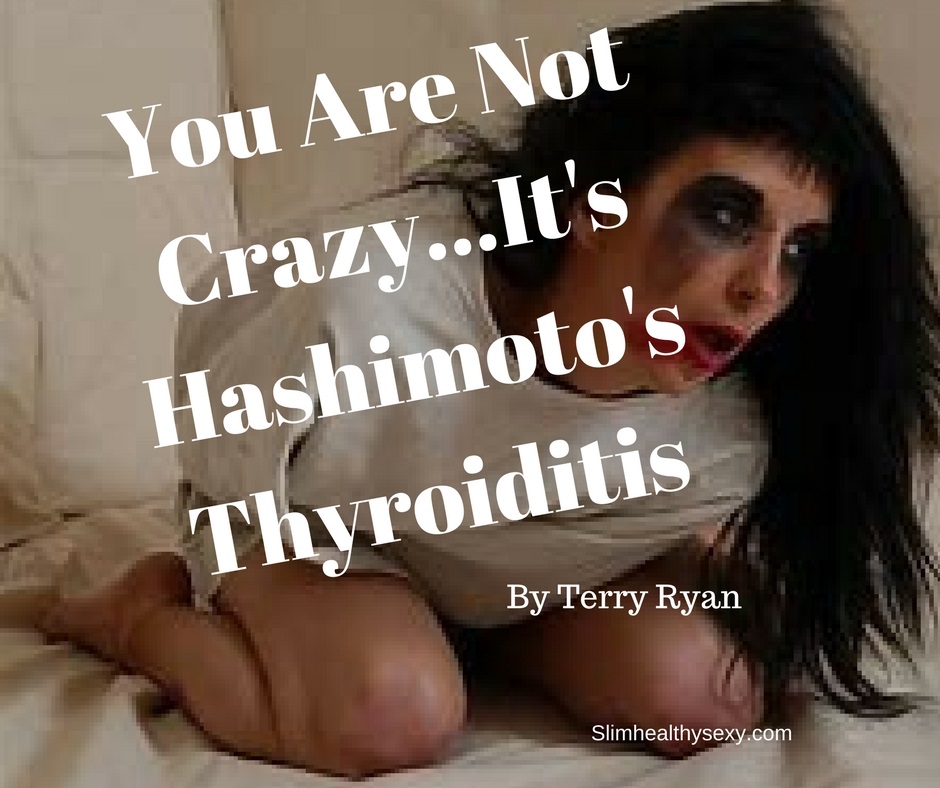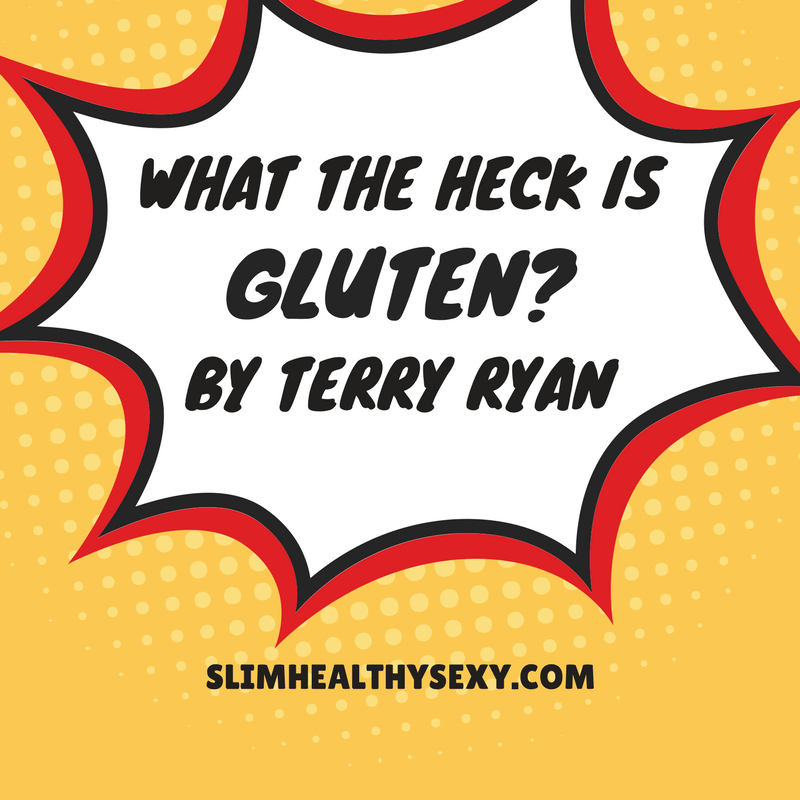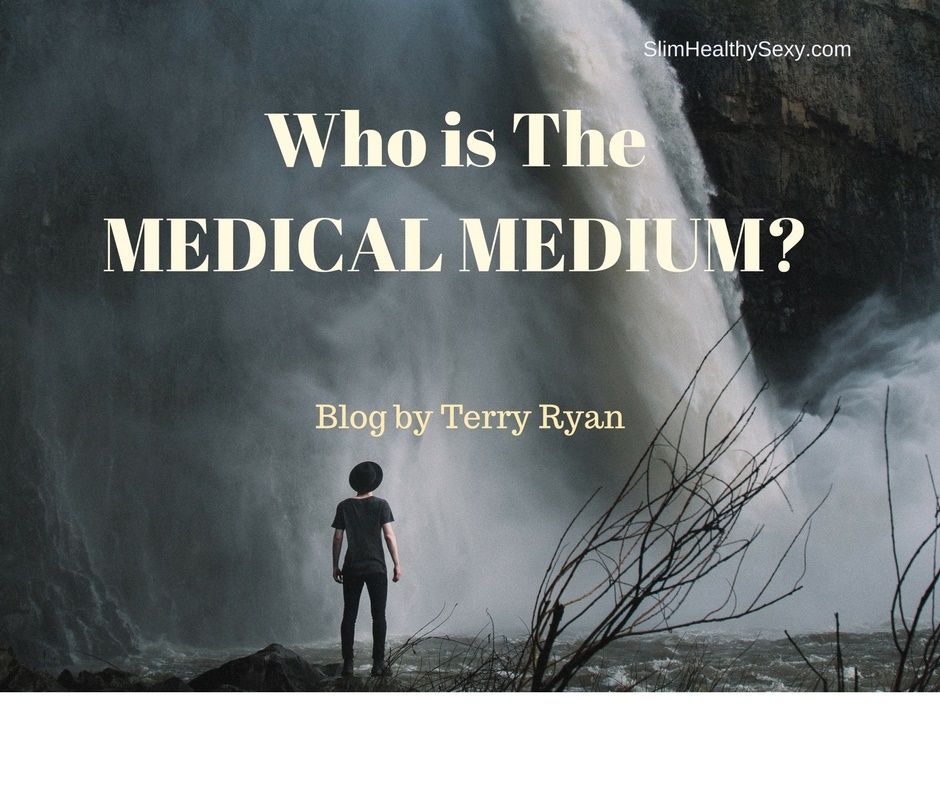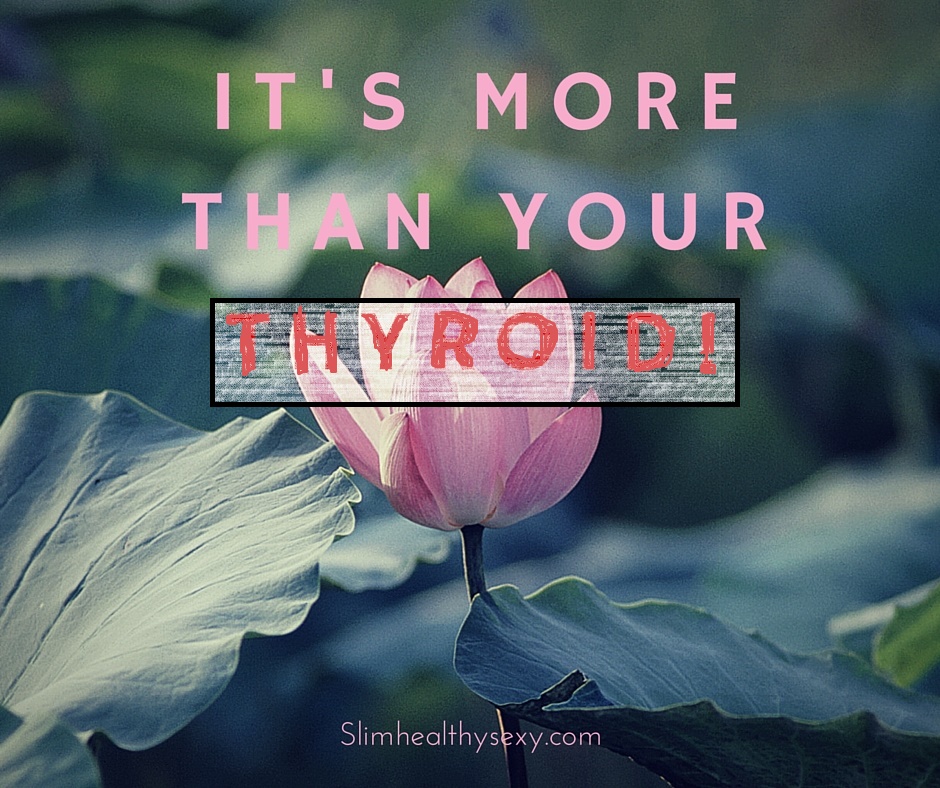How to Deal with the Pain from An Autoimmune Disease

How to Deal with the Pain from An Autoimmune Disease By guest blogger, Patrick Bailey In the wake of the technological revolution in the field of health, science, and technology, some things still remain unclear, such as the cause of autoimmunity. Through the years, scientists are trying to find cures for this debilitating set of […]
You Are Not Crazy…It’s Hashimoto’s Thyroiditis by Terry Ryan

I have Hashimoto’s thyroditis Been there and will always be there. I have Hashimoto’s thyroiditis. It is an autoimmune disease. Plain and simple. AUTOIMMUNE DISEASE! An autoimmune disease is a syndrome where the body senses an invader and goes on immune attack. In my case, it attacked my thyroid. My autoimmune disease is named after […]
What the Heck is Gluten? by Terry Ryan

What the heck is gluten? by Terry Ryan, Health Blogger Gluten, gluten, gluten. That’s all you hear about if you are on social media sites like FaceBook. It’s bad for you, or it’s not bad for you. What the heck is it? Gluten is the glue that keeps bread together. It gives it the chewiness […]
Who is the Medical Medium?

Who is the Medical Medium and what does he claims causes autoimmune disease? by Terry Ryan, Health Blogger The medical medium is, Anthony William, the now famous author of the New York Times best selling book, Medical Medium. According to William, he has the miraculous talent of being able to diagnose illnesses in individuals just by being […]
It’s More Than Your Thyroid

It’s more than your thyroid! I read over and over again on Facebook, thyroid patients that go to their endocrinologist and beg for a complete blood work, and not just the standard TSH test. TSH (thyroid stimulating hormone) to find out why they, the patient, is not responding to typical thyroid replace therapy. By not […]